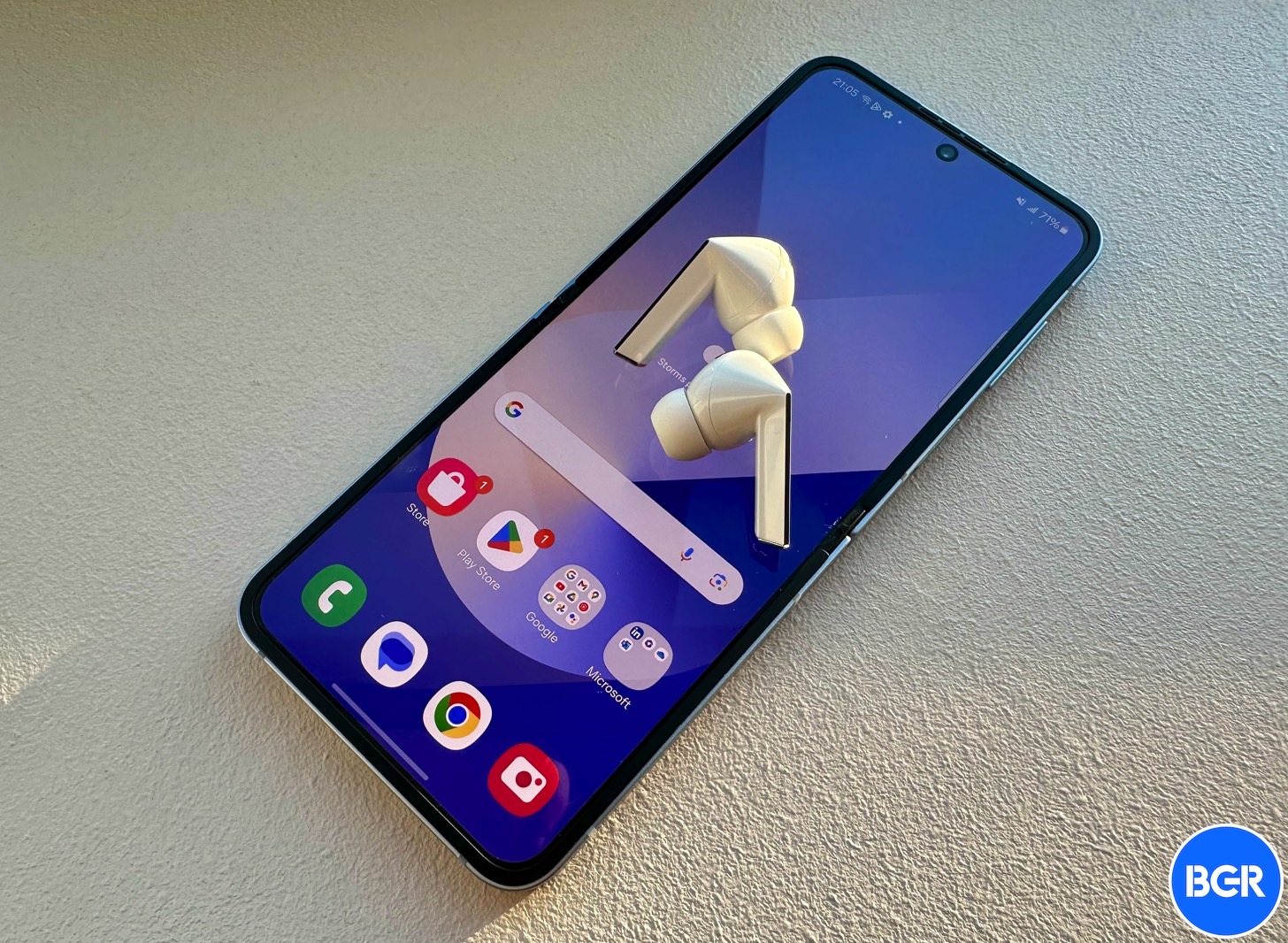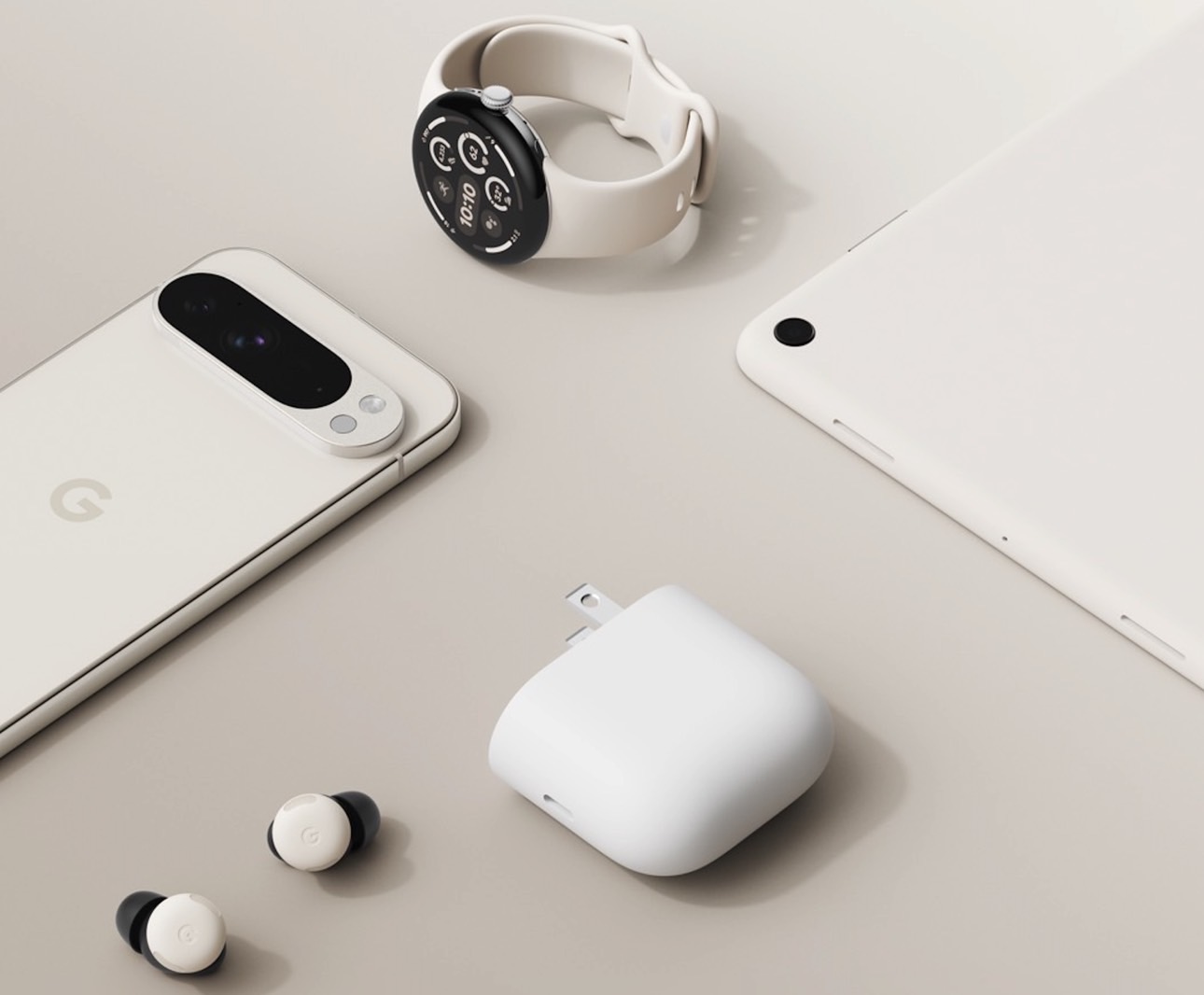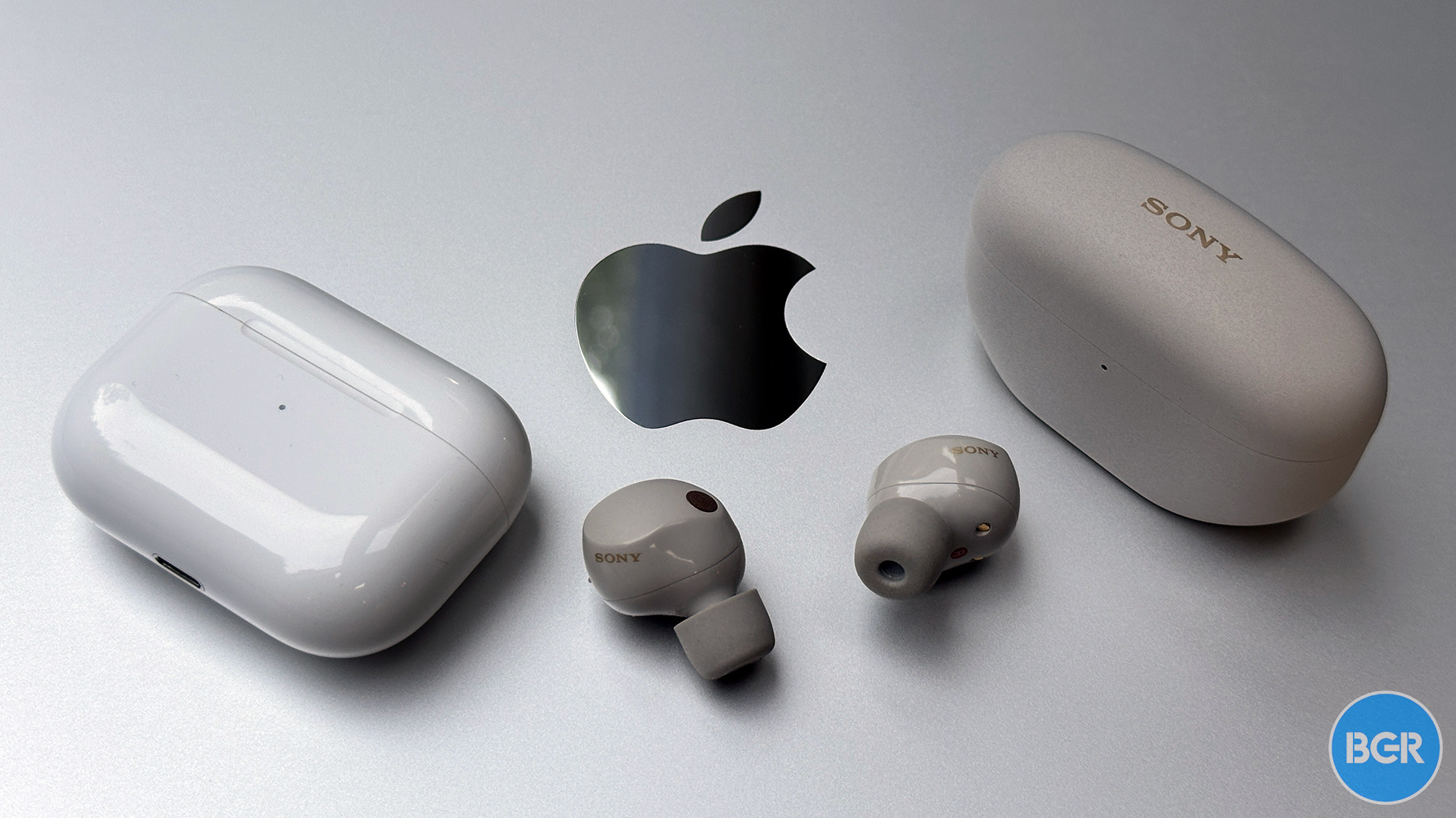When Apple launched the first-generation AirPods after removing the 3.5mm headphone jack from the iPhone, it revolutionized the industry. As a result, most smartphone vendors now sell their own premium wireless earbuds. There are plenty of options across a wide price range, from high-end pro models to entry-level devices that offer only the bare essentials.
Most people you see outside are wearing wireless earbuds rather than wired versions or real headphones. Device makers also continue to develop exciting new features for wireless earbuds, including health and AI features.
There is one thing your AirPods cannot do, however: passive, continuous authentication for devices and apps. At least not yet. Apple is not necessarily building such features into its AirPods, but researchers are exploring ways to turn wearables into authenticators.
Ear canals may prove even more secure than fingerprints for authentication purposes. headphones Studies already show that headphones could be more effective for identification purposes. It’s not just about the ear canal. The shape and size of the ear also influence how sound reaches the inner ear, where it is processed.

The report highlights several technologies that can turn earbuds like AirPods into authenticators.
One of them is called Acoustic Echo Analysis (EarEcho). It involves playing a sound through the earbud speakers and then analyzing the echo using the earbud microphone. The resulting mathematical model becomes an acoustic fingerprint of the sound changes in the ear canal.
Subject-Aware Vocal Activity Sensing (EarSAVAS) is an idea that combines audio data from feedforward and feedback microphones with motion data. The technology aims to identify the user’s voice and mouth movements for a multimodal authentication concept.
Then there is in-ear acoustic fingerprinting, a technique that analyses the sound characteristics of the entire ear, not just the ear canal. Like EarEcho, the result is an acoustic fingerprint, but based on the entire anatomy of the ear.
The report also mentions a new patent from Microsoft. The company is investigating ultrasonic sensors that can detect whether the user is wearing earbuds when near a computer. This could help with continuous, passive authentication.
As someone who dreams of Face ID authentication on the Mac so that app logins and Mac logins are automatic, I would love it if my AirPods or products from Apple’s competitors could also serve as secure authenticators.
Imagine putting the headphones on and using them as authenticators for all your needs.
However, this brilliant approach also comes with problems. First of all, there is the issue of the battery. You would have to wear the earbuds for longer just to authenticate to apps and services, which consumes power. And all the earbuds on the market are almost impossible to maintain once the battery health deteriorates. You will have to replace your AirPods rather than replacing the battery.
Assuming the battery is not a problem, the earbud’s authentication system must work properly. It must take into account movement, music playback and background noise. It would also have to adapt to possible anatomical changes in the ear. Earwax, disease and fluctuations in body weight can affect the ear and the authentication process.
Also, I don’t want the headphones to surprise me with strange noises when I’m wearing them. Regardless of whether I’m listening to music, I don’t want to hear beeps that the headphones play to analyze how sounds move in my ear. I expect algorithms to be developed so that authentication occurs when I put the headphones in my ear or while I’m listening to music.

I want to point out an interesting thing that Google revealed during a virtual press conference I attended before the launch of the Pixel Buds Pro 2. Over the years, Google has scanned over 45 million ears to improve the design, comfort, and audio capabilities of the buds.
Such efforts could also help companies like Google eventually turn future Pixel Buds variants into authenticators, especially if AI assists with the necessary algorithms.
At this point, this is all speculation. There is no indication that any of the major tech companies are developing such technology, but I expect Apple, Google, Samsung, Microsoft and others are closely following these developments.

